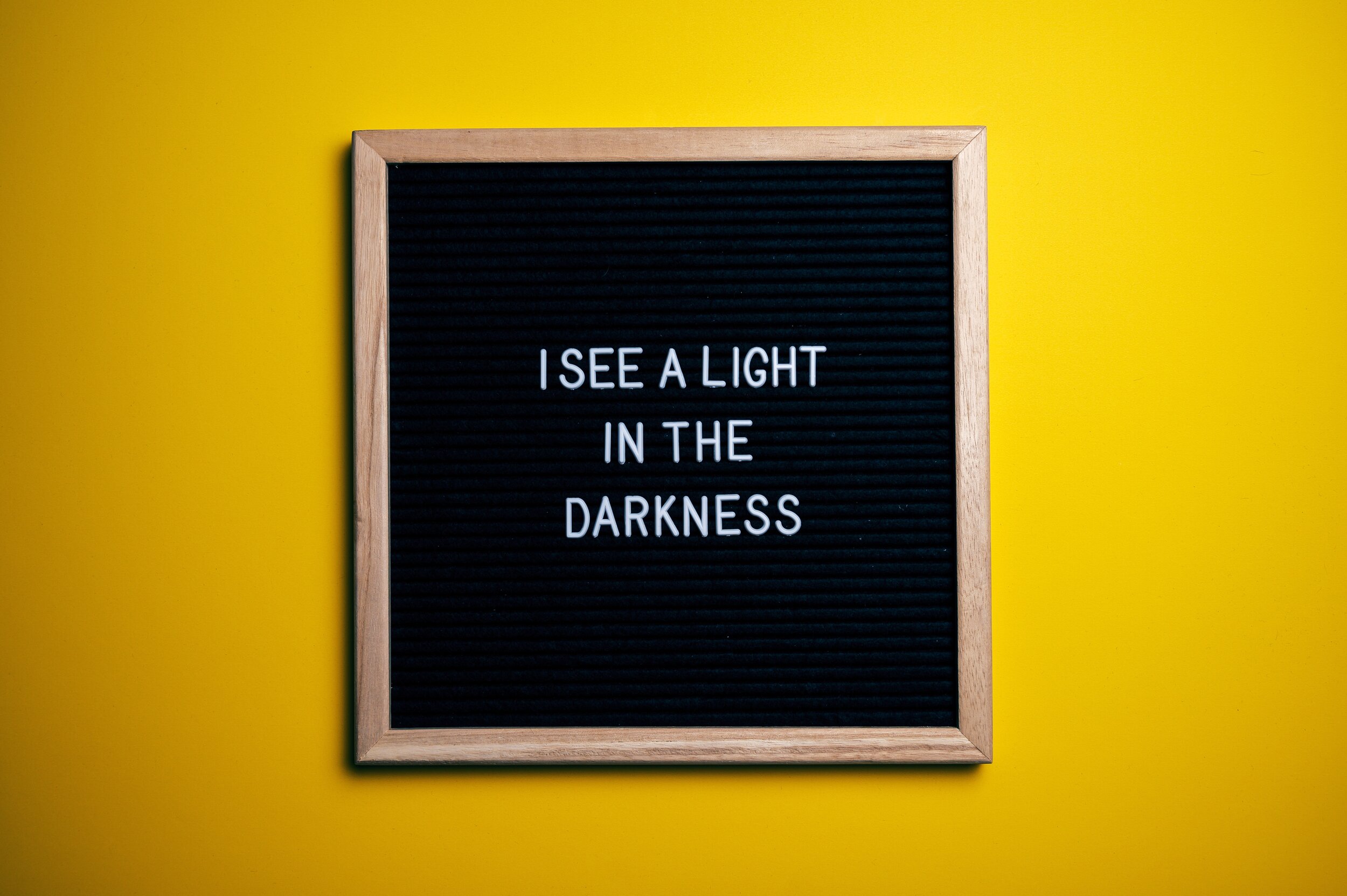Talking About Suicide by Robyn Tamanaha, LMFT
**IF THIS IS AN EMERGENCY, PLEASE CALL YOUR LOCAL EMERGENCY NUMBER OR GO TO YOUR NEAREST EMERGENCY ROOM. **
The Topic of Suicide in a Conversation
Individuals may or may not voluntarily share that they are having suicidal thoughts. When an individual shares it on their own, it can be difficult for loved ones to hear and they may not know how to respond. If an individual doesn’t share on their own, it’s still important that they be asked if they are having suicidal thoughts.
It’s a myth that talking about suicide leads to death. It’s actually important to talk about, so that the individual can get the care that they need, and the only way to do that is by talking about it.
Ways to View the Topic
When someone voluntarily shares that they’re experiencing suicidal thoughts:
It shows that they able to share their pain with you.
It opens the door to a conversation and to possible solutions.
It’s a crucial opportunity to provide them with your full attention so that they feel heard, and for you to express that you’d like to help them.
When an Individual Hasn’t Shared:
Do you sense something about them is different?
Have you noticed a decline in their mood?
Have they made statements eluding to them not caring about their life or their future?
Have they been behaving differently, such as giving things away or making decisions as if they won’t be here in the future?
When they display any of the above behaviors, take the opportunity to ask more about how they’re feeling and if they are having suicidal thoughts. This is also an opportunity to provide them with your full attention, so that they feel heard and that you’d like to help them.
What can be done
If the individual wants to die now or they cannot stay safe: Dial 911 or go to a local Emergency Room immediately for an evaluation.
If the individual does not want to die now and they can remain safe: Find Mental Health Treatment. Many therapists are listed online and can be found by searching for a therapist in the individuals zip code. Some therapists take insurance; the individual’s insurance company will be able to provide a referral. The insurance company’s phone number is listed on the insurance card. Some therapists who do not accept insurance, provide a Superbill which is a form you can send to your insurance for possible reimbursement. That means you’re responsible for the fees at the time of the appointment and, depending on your plan, a certain percentage of that may be paid to you by your insurance company.
Resources
Dial 911
Go to local Emergency Room
Suicide Prevention Hotline (800) 273-8255
Orange County Crisis Line (866) 830-6011
My office is located in Irvine, which is near Newport Beach, Orange, Fountain Valley, Costa Mesa, Anaheim, Huntington Beach, Mission Viejo, Laguna Niguel, Aliso Viejo, Laguna Hills, Tustin, Seal Beach, and beyond. I work with anxiety, depression, bipolar disorder, and Asian American & Pacific Islanders.
Disclaimer: This information is being provided to you for educational and informational purposes only. The topics being discussed are meant as a self-help tool for you own use. It is not psychotherapy or counseling. This information is to be used based on your own judgment. If you need to speak with a professional, you should find one local to you and contact them directly.
